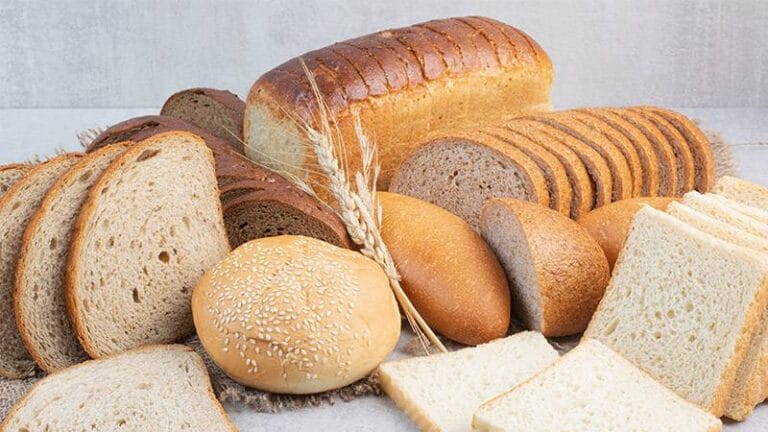Did you know that the simple act of composting bread can contribute to a more sustainable lifestyle and help improve the quality of your garden soil?
With approximately one-third of all food produced globally going to waste, finding innovative ways to reduce food waste not only benefits our wallets but also the environment.
In this guide, we will explore the world of composting and answer the question, “Can bread be composted?” We will also learn how to do it effectively and responsibly.
From understanding the basics of composting bread to discovering other eco-friendly alternatives, this comprehensive guide will provide you with the knowledge and tools needed to make the most of your leftover bread while contributing to a greener and more sustainable future.
Can Bread be Composted?
Yes, bread can indeed be composted. It breaks down quickly and adds an additional source of nutrition to the soil. Bread is a green compost material, which means it’s rich in nitrogen and plays a significant role in breaking down organic matter in the composting process.
However, while bread can be composted, it’s important to remember that doing so requires special care and attention to avoid attracting pests and disrupting the balance of your compost pile.
To deter pests and expedite the decomposition process, it is recommended to crumble bread into small pieces before adding it to your compost pile.
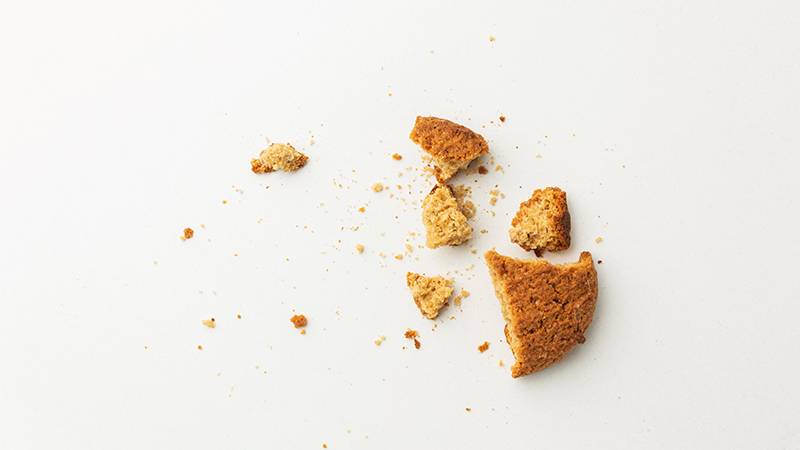
Also, to ensure successful bread composting, it is crucial to properly mix bread with other organic materials such as leaves, grass clippings, and vegetable scraps.
Ideal for composting, stale or moldy bread decomposes faster than fresh bread, making it a valuable addition to your compost bin or pile.
By following these guidelines, you will be able to harness the benefits of composting bread, such as reducing food waste, promoting sustainability, and enhancing soil quality.
The Basics of Composting Bread
Understanding the fundamentals of composting bread is essential for improving your garden soil and effectively managing your food waste.
Bread as a Green Composting Material
Bread is considered a green composting material due to its high nitrogen content, which helps break down organic matter.
When composting bread, it’s vital to maintain a balanced carbon-to-nitrogen ratio by combining it with brown materials. Brown materials, such as leaves, straw, and wood chips, provide carbon that is necessary for the decomposition process to occur.
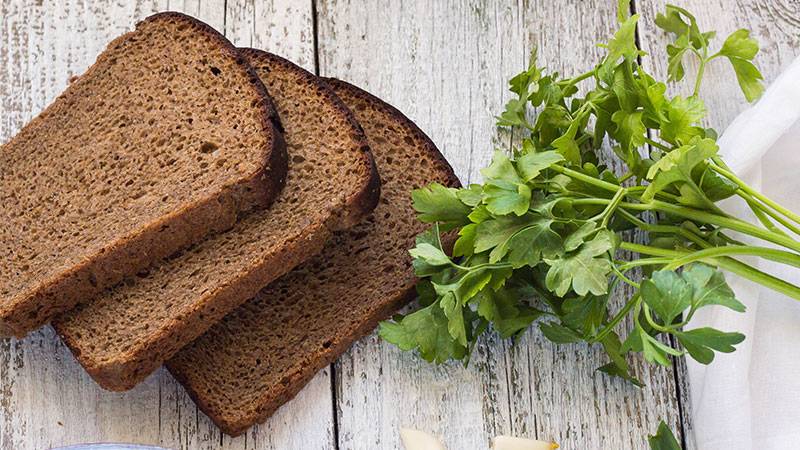
The Decomposition Process
The decomposition process of bread in compost plays a crucial role in creating nutrient-rich soil for your garden. When bread decomposes, it releases its nutrients into the soil, enriching it and providing a fertile environment for your plants to thrive.
It is important to note that moldy bread can also be composted as it accelerates the decomposition process.
Types of Bread for Composting
While most types of bread can be composted, it is important to consider certain factors before tossing that stale or moldy bread into your compost pile.
Overly processed bread may contain potentially hazardous preservatives that could disrupt the composting process. Additionally, bread containing traces of dairy products such as butter or cheese should be avoided to ensure successful composting.
It is crucial to evaluate the state of the bread, whether it is stale or moldy, as well as the extent of its processing when selecting bread for composting. By composting only suitable bread types, you are contributing to a more efficient and effective composting process, benefiting both your garden and the environment.
Moldy vs. Stale Bread
When it comes to composting bread, moldy and stale bread are suitable options. However, moldy bread is more favorable for composting than stale bread, as it will decompose at a faster rate.
By composting both moldy and stale bread, you can ensure a faster decomposition process, leading to a more efficient compost pile and even more nutrient-rich soil for your garden or apartment compost.
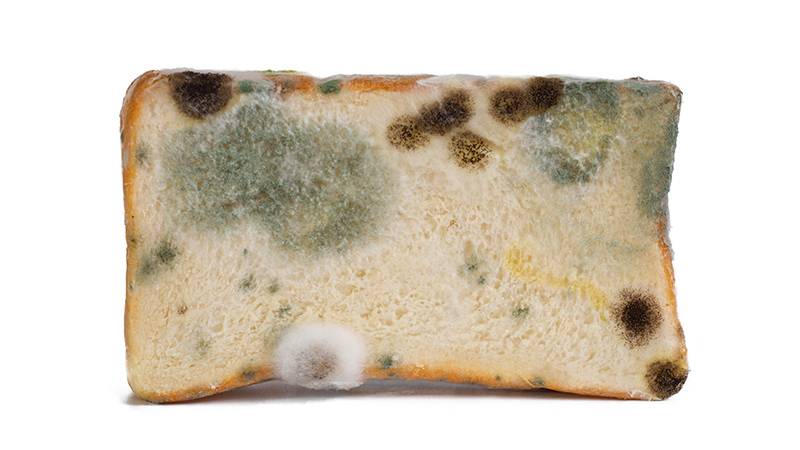
Ingredients to Avoid
In order to ensure successful composting, certain ingredients in compost bread should be avoided.
It is recommended to avoid bread containing preservatives, oils, and dairy products, as these ingredients can impede the composting process and are not readily decomposed by microorganisms.
Always check the label of the bread to identify any potentially harmful ingredients before adding it to your compost pile.
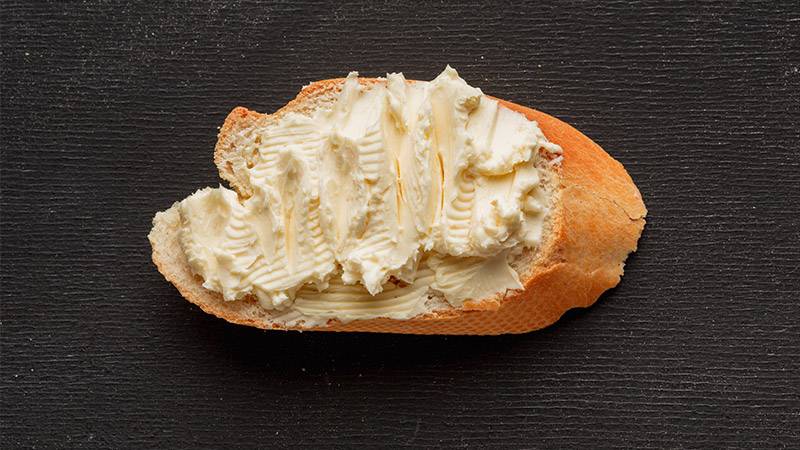
Tips for Successful Bread Composting
To achieve success when composting bread, it is important to focus on two key strategies: pest prevention and moisture balance.
Pests can be attracted to bread in compost piles, so it is crucial to take steps to deter them.
Also, by maintaining the right moisture balance in your compost pile, you can also ensure proper decomposition of bread and other organic materials.
Following these strategies, along with incorporating bread gradually and mixing it well with other organic materials, will help you create a thriving compost pile and contribute to a more sustainable and eco-friendly lifestyle.
Pest Prevention
One important aspect of composting bread successfully is preventing pests from being attracted to your compost pile with bread in it. To do this, you can ensure that the lid of your compost bin is securely closed at all times or bury the bread deep in the soil.
By taking these measures, you not only keep pests away from your compost pile, but also maintain the integrity of the decomposing food within it, ultimately contributing to a more efficient composting process.
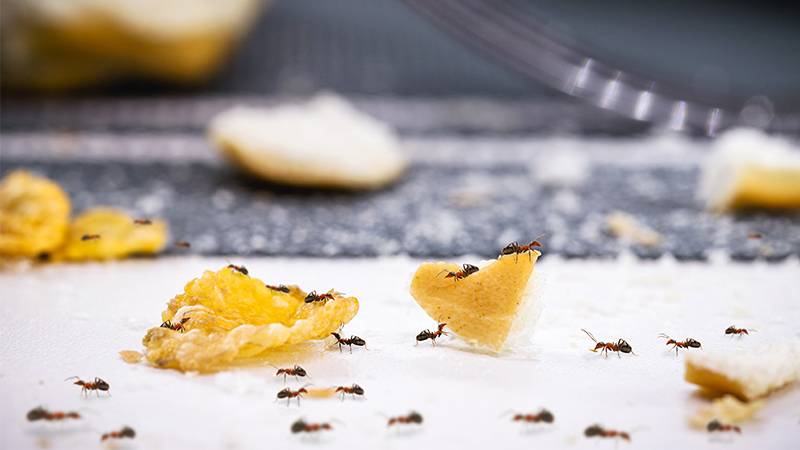
Balancing Moisture
Maintaining the right moisture balance in your compost pile is crucial when adding bread, as it ensures proper decomposition of the organic materials within the pile. Moisture is essential for the growth of microbial activity in the soil and plays a significant role in the composting process.
To maintain the right moisture balance, be mindful of adding water to dry materials before adding them to your compost pile and monitor for signs of over-saturation, such as unpleasant smells or green mold growth.
It is important to check the moisture levels of your compost pile regularly to ensure that it is not contaminated.
Composting Bread-Like Items
In addition to bread, there are other bread-like items that can be composted, such as pasta and baked goods.
Composting bread-like items can be a valuable addition to your compost pile, providing a diverse range of nutrients and organic materials that can improve the overall quality of your garden soil.
However, it is important to consider factors such as the type of food and its ingredients before composting these items. By composting bread and food scraps like these items responsibly, you can further reduce food waste and contribute to a more sustainable lifestyle.
Pasta and Noodles
Plain pasta and noodles can be safely composted, as they provide valuable nutrients and organic materials for your compost pile. However, it is advisable to avoid pasta and noodles with added oils or sauces to ensure proper decomposition and prevent attracting pests.
To incorporate pasta into your compost pile effectively, slowly introduce the pasta into the pile and spread it evenly throughout.
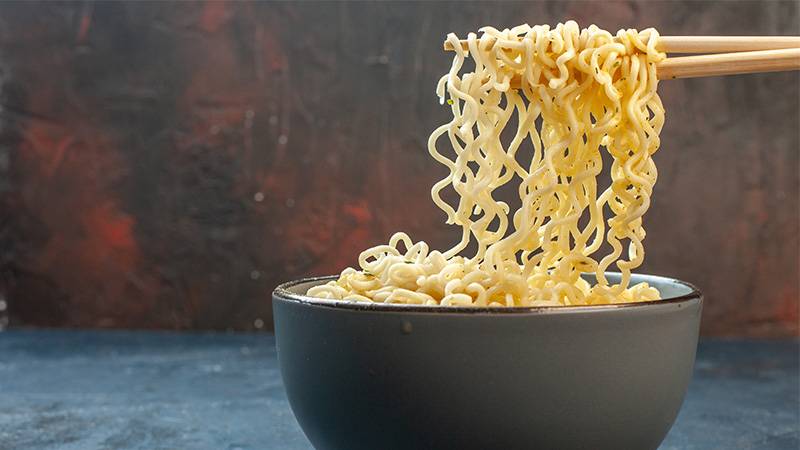
Baked Goods and Pastries
Baked goods and pastries can also be composted. However, it is important to avoid overly processed items and those high in sugar and fats, as they can impede the composting process.
By composting only suitable baked goods and pastries, you can contribute to a more efficient composting process and ultimately enhance the quality of your garden soil.
Eco-Friendly Alternatives to Composting Bread
Composting bread is an excellent way to reduce food waste and contribute to a more sustainable lifestyle. However, there are other eco-friendly alternatives to composting bread that can also help reduce waste and promote sustainability.
Repurposing leftovers, for example, can transform stale bread into tasty croutons, breadcrumbs, or other culinary creations.
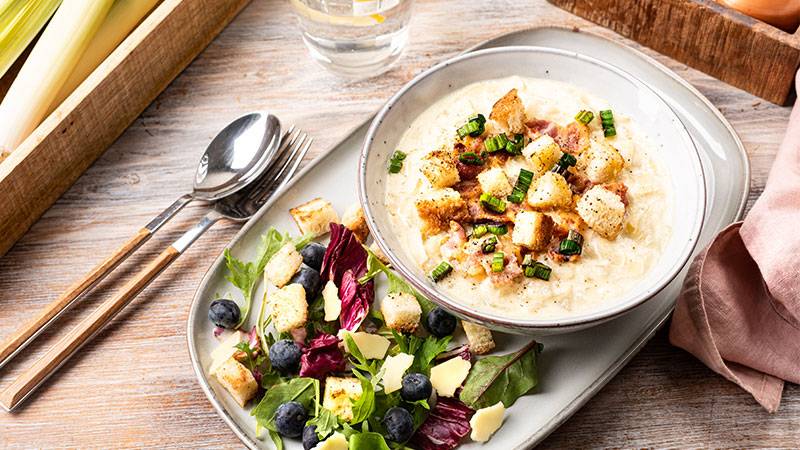
By finding creative ways to use leftover bread and reducing waste in other areas of your life, you can contribute to a greener and more sustainable future.
Implementing these eco-friendly alternatives alongside your composting efforts can help you make a more significant impact on the environment and your overall waste reduction.
Zero Waste Kitchen and Composting Tips
Incorporating composting practices into a zero-waste kitchen is an essential step toward sustainable living and waste reduction. By composting food scraps like bread, you can significantly decrease the amount of waste sent to landfills and create nutrient-dense soil for your garden.
Additionally, focusing on reducing waste in other areas of your kitchen, such as purchasing in bulk, using sustainable cleaning and storage alternatives, and recycling plastic, paper, glass, and aluminum, can further contribute to a zero-waste lifestyle.
Practicing zero-waste kitchen management and composting is not only beneficial for the environment but also saves money, making it a win-win situation for both you and the planet. By implementing these tips, you can create a more sustainable and eco-friendly kitchen while contributing to a greener future.
Frequently Asked Questions (FAQ)
Moldy bread and stale bread are excellent choices for composting, as they will break down more quickly than fresh bread. Since moldy bread has already started decomposing, it can be safely thrown into the compost.
Yes, you can throw bread in your garden. It is an excellent soil amendment that provides additional nutrients to plants and won’t disrupt the composting process.
Yes, you can put bagels in compost. To achieve optimal composting, it’s best to break the bagels into smaller pieces and add in limited quantities.
Avoid composting bread containing preservatives, oils, and dairy products as they can impede the composting process. These ingredients can slow down the decomposition process, making it difficult for the compost to break down properly.
Securely close the lid of your compost bin or bury bread deep in the soil to prevent pests from being attracted to your compost pile.
Final Thoughts
Composting bread is an effective way to reduce food waste, promote sustainability, and enhance the quality of your garden soil.
By understanding the basics of composting bread, identifying suitable bread types, and employing successful composting strategies, you can effectively manage your food waste and contribute to a more sustainable lifestyle.
It is essential to remember that composting bread is just one part of a larger effort to create a greener and more sustainable future. By incorporating eco-friendly alternatives and maintaining a zero-waste kitchen, you can make a significant impact on the environment and live a more sustainable lifestyle.
Start composting bread today and join the movement toward a greener and more sustainable future!
